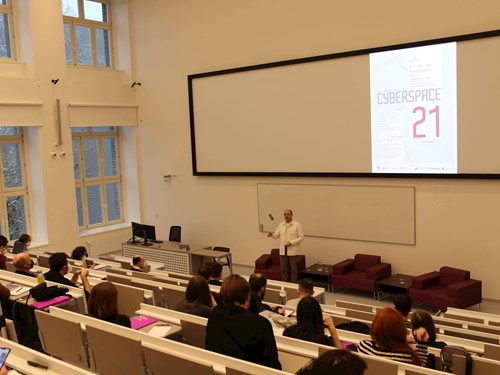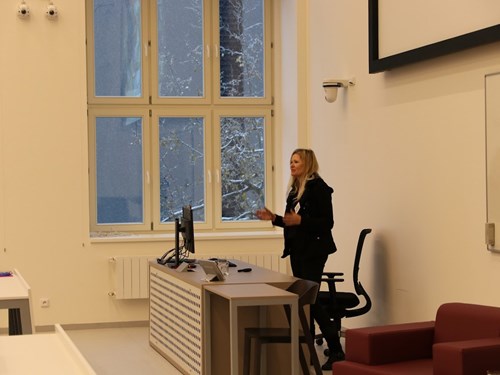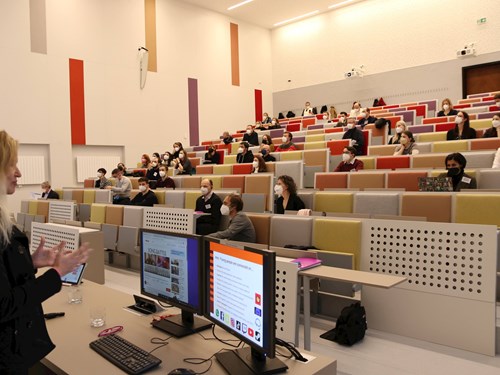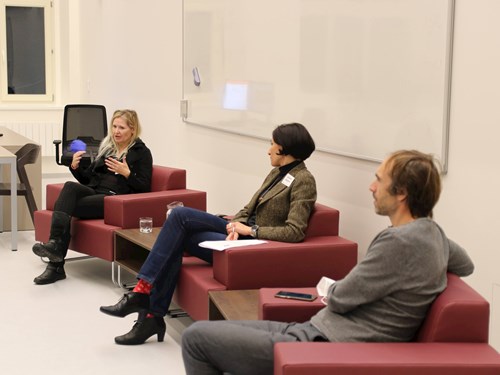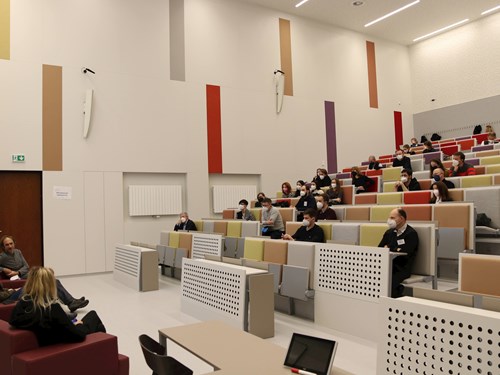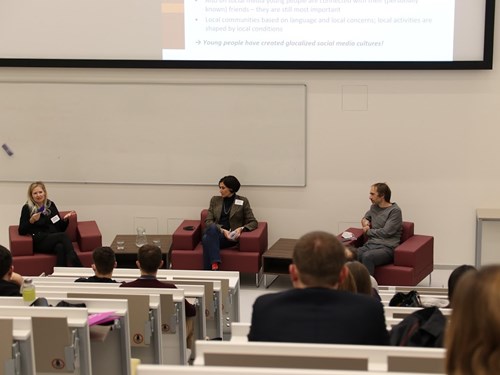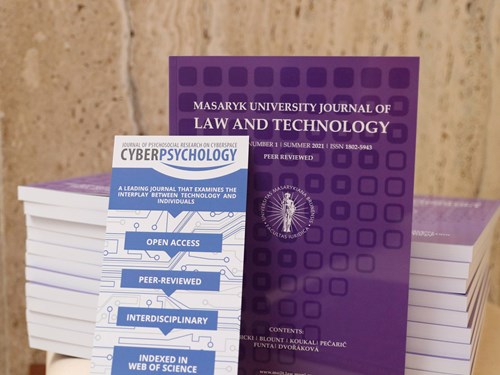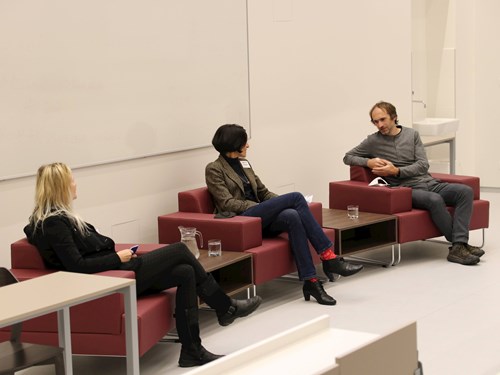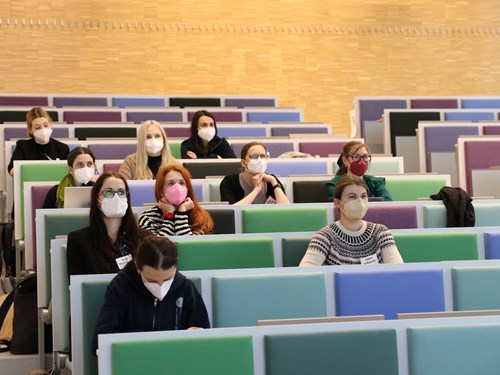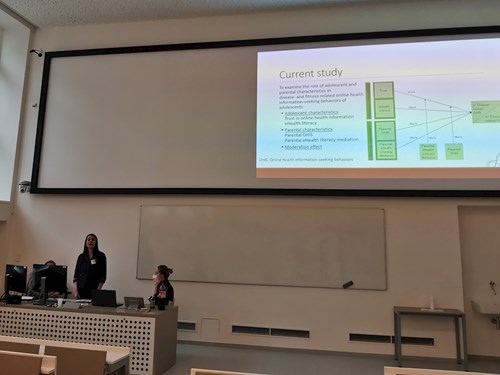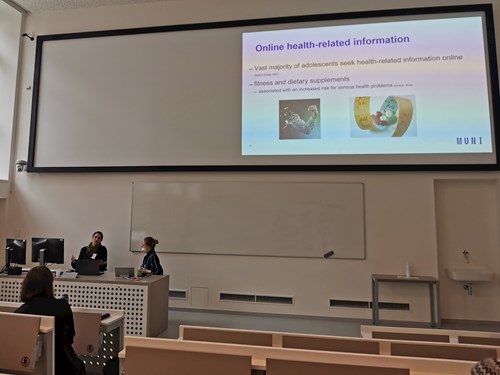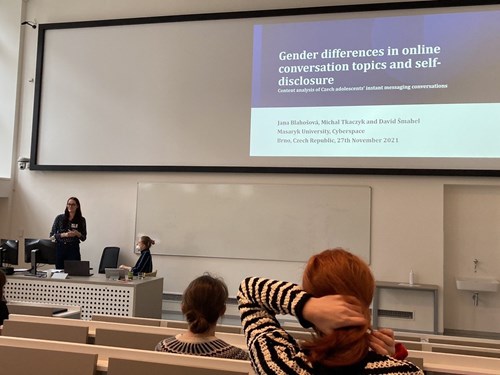I letošním rokem v listopadu proběhla konference Cyberspace 2021, spolupořádaná týmem IRTIS, tentokrát však v hybridní formě. Na konferenci vystoupila například Natalia Waechter, expertka na dopad technologií na mladé lidi, a také hned několik členů našeho týmu.
Konference se konala v Brně, v prostorách Právnické fakulty Masarykovi univerzity, a byla zahájená přednáškou profesorky Natalie Waechter z University of Graz. Ve svoji prezentaci poskytla detailní vhled do různých sociálních médií, která jsou aktuálně používaná mladými lidmi. Natalia je mimo jiné také vedoucí německého týmu v evropském Horizon projektu ySKILLS zabývajícím se digitálními dovednostmi mladých lidí, na kterém úzce spolupracuje i náš tým. Po přednášce proběhla panelová diskuse společně s profesorem Davidem Šmahelem a Adrianou Dergam.
Cyberspace konference je zaměřena na výzkum kyberprostoru napřič různými disciplínami, jako například: práva, technologie, informatika, psychologie, nová média apod. Druhý den konference tedy proběhlo několik paralelních programů, která se blíže soustředila na témata spojená s jednou z těchto disciplín. Plný výčet programů konference můžete nalézt ve výzvě zaslání příspěvků na konferenci ZDE, nebo si můžete stáhnout program konference ZDE. V rámci programu na téma psychologie kyberprostoru prezentovalo svou práci hned několik členů IRTIS. Seznam těchto příspěvků a jejich abstrakty si můžete prohléhnout níže.
Děkujeme mockrát všem organizátorům Cyberspace konference, a jejím účastníkům, ať už ji sledovali online, nebo naživo. Těšíme se na příští ročník konference, a doufáme, že se na ni již budeme moct sejít osobně!

